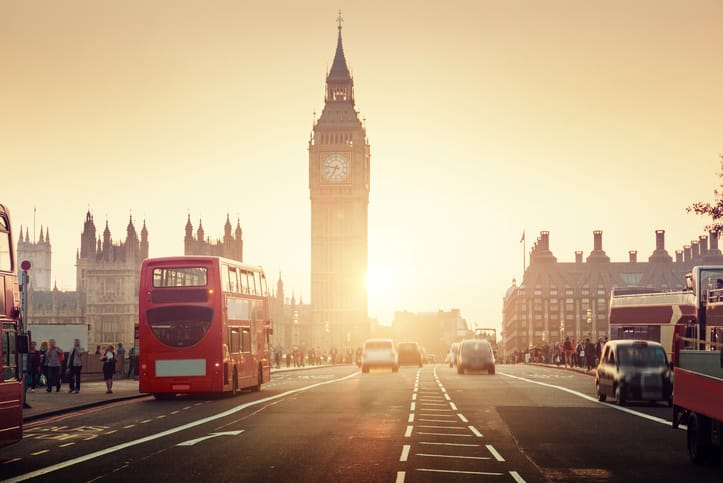Concerns about diesel engine pollution are high. Tomorrow’s budget is an opportunity for the government to formally address them.
London’s mayor Sadiq Khan has already announced that from October 2017, a £10 “toxicity charge” will be in place for older petrol and diesel cars in the city centre; deadlines for zero-emission taxis and buses have been brought forward; a scrappage scheme for diesel cars and vans has been fully costed.
We welcome this – not just as a business with a London office but because we know the value of exploring the capital on foot. Staff from our London office recently enjoyed a guided walk around the local area. While the exercise was healthy, we know that the streetside air isn’t as pure as it could be. Some 200 years ago, pre-Victorian celebrity Joseph Grimaldi had a cottage in the area. According to his biographer Charles Dickens, ‘his principal reason for taking the house originally was that his young son, of whom he was extremely fond, might have the benefit of country air’. Were Grimaldi to seek a north London property for that reason today, he might be considered a clown. (Which, professionally speaking, he was.)
Sadiq Khan has joined calls for ‘a national diesel scrappage fund to help people move away from diesel … and we would target this to the poorest families’. He echoes the recommendation of the Environment, Food and Rural Affairs Select Committee, whose April 2016 report described the situation as a ‘public health emergency’.
We are fast approaching the first budget since that report. A compelling leading article in The Times a few weeks ago said that ‘[This] budget … would be a good time to act … [and] give serious consideration to raising fuel and vehicle excise duty for diesel vehicles’. It pointed out the economic sense of a countrywide scrappage scheme that would cost far less than the government’s estimated cost of healthcare and lost business related to air pollution (over £27 billion a year).
Any increase in fuel and vehicle excise duty would affect a range of sectors, the most obvious being the motor industry, bus operators, shipping companies and firms involved in haulage and removal. Agricultural businesses would be affected too, though they benefit from lower-duty diesel so the impact would be less. More broadly, industries with high distribution costs would also be among the most affected, including food retail, building, publishing, couriers, Royal Mail and electrical retailers.
In early February, The Telegraph reported that a national scrappage scheme for diesel cars is being developed by government officials. We hope that the 2017 Budget will bring confirmation of this. If not, people may look to the House of Lords: specifically to Lord Lloyd-Webber, who could remind the government of a song he co-wrote called Light at the End of the Tunnel (from Starlight Express). It starts with the words: “Diesel is for unbelievers.”







